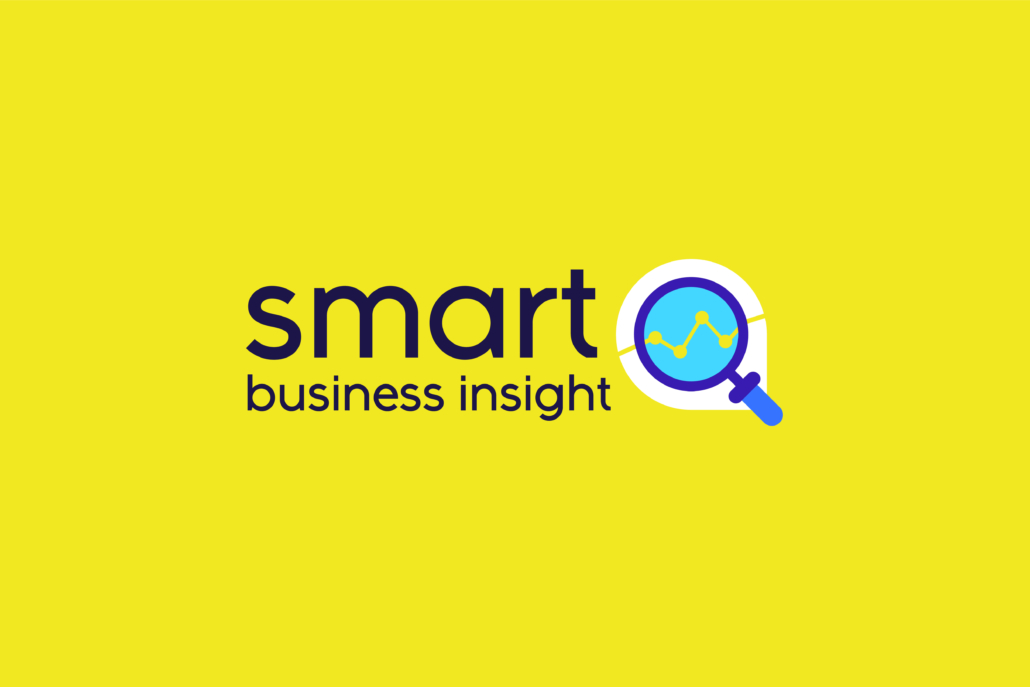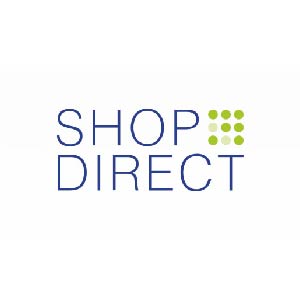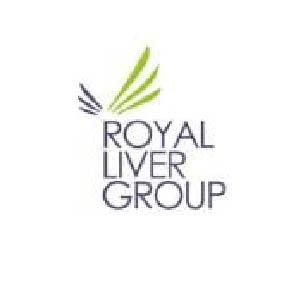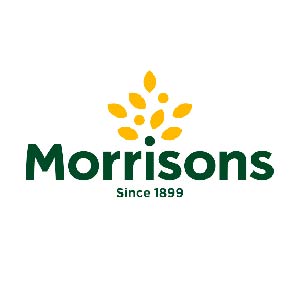The Why
To assess the health of your business, you need to gain insight into the critical components, comparing your business against recognised good practices. Obtaining these insights is a vital part of monitoring the performance and progress.
At Axentia, we felt there wasn’t a simple and intelligent way to assess a business’ health quickly. We wanted to adopt an approach that wouldn’t be time-consuming for the business owner, to the point they wouldn’t engage in the process. Time is precious and shouldn’t be wasted on processes deemed unnecessary.
With that in mind, we set out the task of creating an assessment tool that was quick and simple to complete, whilst ensuring the business owner could clearly see the benefits and where it could add value to their own business.
The How
In creating the Smart Business Insights tool, the first steps were to identify the critical elements that apply to any business, large or small. We identified five; strategy and planning, the market, business development and customers, business information and people. It was essential to be able to benchmark these elements against good practice.
The rationale behind the five key areas were as follows:
Strategy and Planning
A strategic plan is different from a business plan. It’s important to recognise the purpose of each to determine how it can help your business. A business plan is created to start a business, obtain funding or direct operations and it usually covers one year. A strategic plan will enable you to manage the direction of your organisation. It’s great for established businesses, organisations and business owners that are serious about growing their organisation and generally covers a period of three to five years.
Your Market
Understanding your market (both your customers and competitors) is essential to building a successful business. Identifying what your customers want will help to improve your product and service offering to meet their needs. By having a well conceptualised unique selling proposition (USP), it defines the benefits of your company, giving you an edge over your competition.
Business Development and Customers
Business development is necessary for businesses to achieve sustainable business growth. It focuses on creating long-term value rather than quick returns. Even though different from, it may include sales, as well as strategy and marketing. Just like personal relationships, it is essential to cultivate and nurture the ones we have with our customers too. When organisations develop strong relationships with their customers, it can create loyal clients, positive endorsement and increased revenue.
Business Information
Sound business information systems are a critical tool for all businesses. They allow you to monitor profitability, manage service delivery and respond to customer demands. They improve financial management and provide banks, partners, investors and key stakeholders with vital and timely information. Business information systems make it easy to store operational data, revision histories, communication records and documents. They simplify the process of decision making by presenting you with all relevant information at the touch of a button, allowing you to make informed decisions quickly.
People
People management, particularly development, influences productivity via its impact on staff morale and motivation. Critical during periods of transition, uncertainty and change, it’s the key to the success of any business or organisation.
Creating the tool
Once we identified the key areas, we needed to develop a method of capturing the data. To ensure its usefulness to a business owner, we wanted to make sure the outputs clearly measured the business’ health, comparing it with like for like examples in the same market.
To do this, we engaged the expertise of a Power BI specialist (in data capture and visualisation). Together, we created the Smart Business Insights tool; a 15-minute survey online, which, through some clever data manipulation, produces a report that highlights a business’ health in an easy to digest format.
We used the following parameters as the gauge:
- A healthy business requiring minimal support would score between 81-100%
- A business that scores between 61-80% would require targeted support to improve performance
- A business that scores between 41-60% would require support in multiple areas to improve performance
- A business that scores below 40% would require significant intervention in all areas to improve performance
So, in summary, the Smart Business Insight tool is just that! Designed to provide an insight into your business, it identifies ways to achieve sustained growth and make improvements for the future. Knowledge is power after all!
The Results
From the smart business insights surveys undertaken to date, we have obtained fantastic results that provide us with valuable data on the health of business and organisations that have engaged with us and carried out the survey.
Strategy and Planning
Strategic planning will give your business a clear vision that will help you determine between good and bad decisions, 75% of our respondents have well-developed strategies and business plans. Research tells us that companies without a business strategy will often struggle to develop and grow, leading to competitive disadvantage.
The key advantages of strategic planning:
- Businesses become more proactive rather than reactive. …
- They have a sense of direction. …
- Operational efficiency increases. …
- It helps to gain market share and become more profitable. …
- The reliability and durability of a business improve.
Business Information
74% of our respondents have developed business information systems that are critical tools for their businesses. They allow them to monitor profitability, manage service delivery, respond to customer demands, improve financial management and provide banks, partners, investors and key stakeholders with vital and timely information.
People
People management, particularly development, influences productivity via its impact on staff morale and motivation. It is critical during periods of transition, uncertainty and change.
It is the key to the success of any business or organisation. From our research, only 65% of the organisations surveyed have a practical approach to managing their people.
It is even more imperative in today’s landscape to ensure businesses have an effective and meaningful approach; they are a valuable asset.
Business Development and Customer
Surprisingly, only 66% of respondents have a practical business development approach to achieve sustainable business growth. It’s positive that they are focused on creating long-term value rather than quick returns. The remaining 44% aren’t engaged in effective business development and miss out on opportunities to grow their customer base and develop their business.
Marketing
63% of our respondents have demonstrated an understanding of their market. Businesses must be aware of their customers base and, importantly, their competitors to build a successful business. Finding out what your customers want will help you improve your products and services to meet their needs.







































